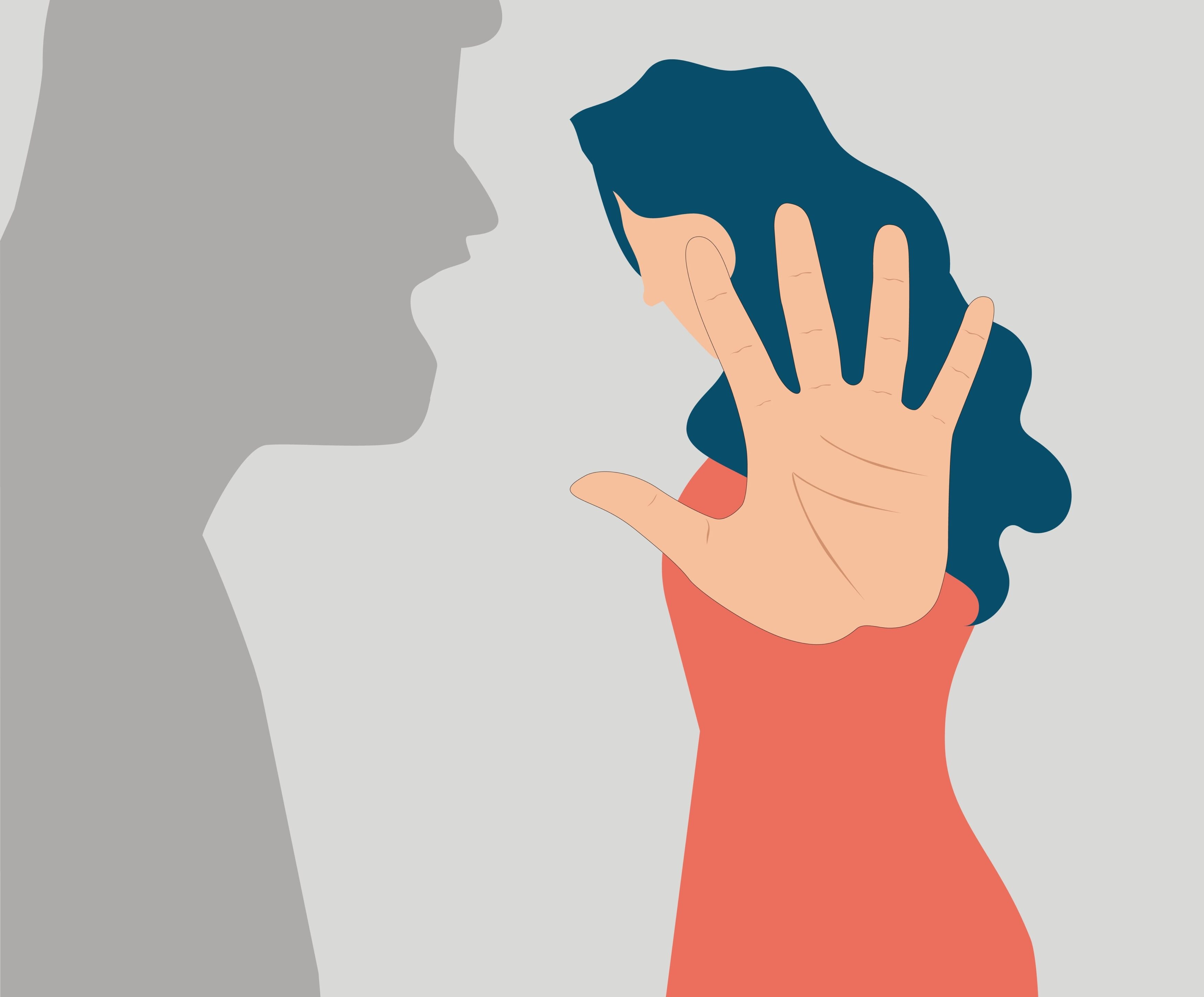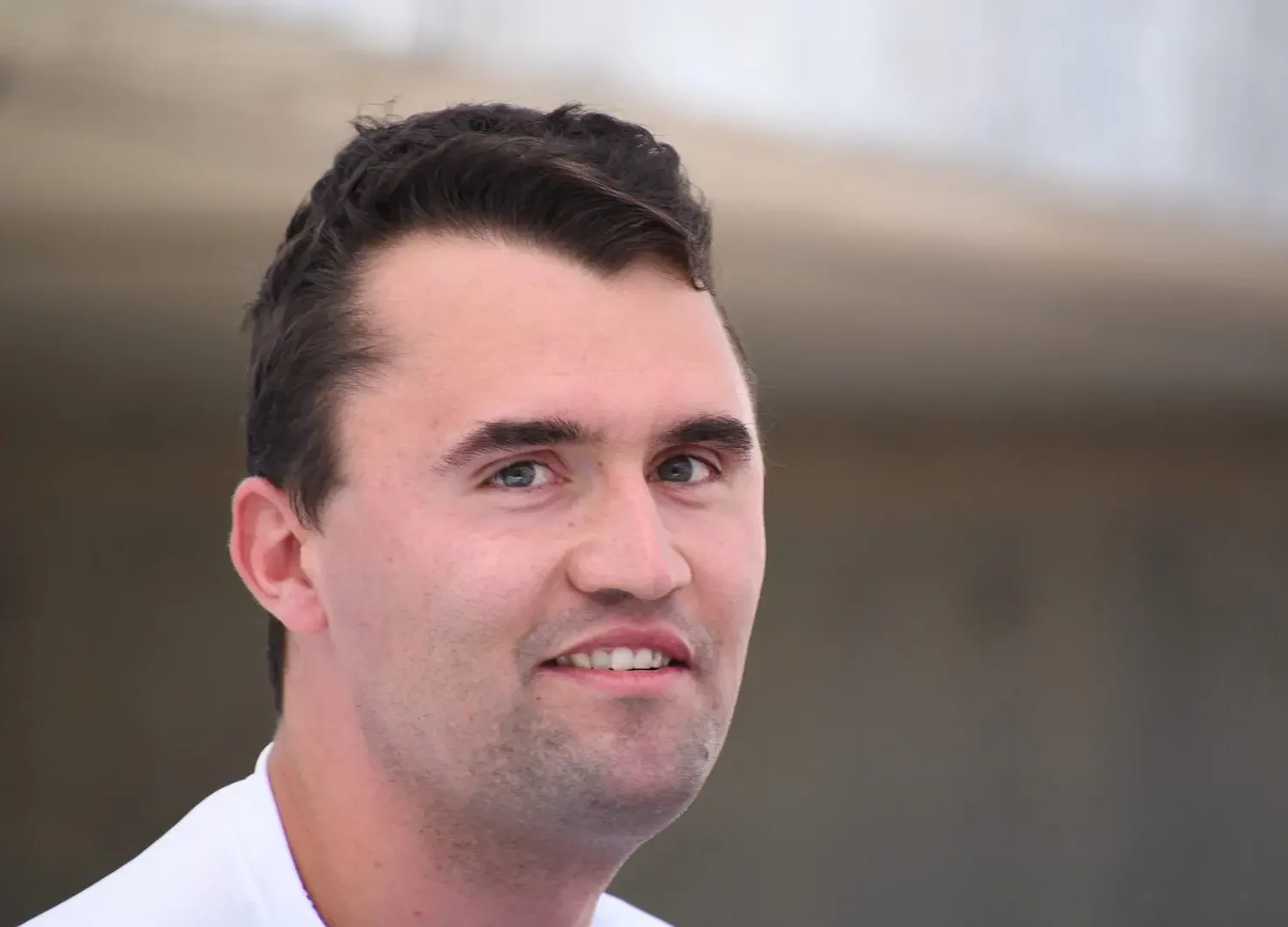I wish my birthday was every day of the year except on the same day of the birthday. It is Alice in Wonderland (Lewis Carroll), but I always liked this provocation for other fields. So, mutatis mutandis, I like to transport metaphor in the field of sociology and politics by talking about the day against violence on women.
In short, we should not only open the discussion and sensitivity in an event — which is also important and was announced by the UN in 1999 — but make a day on these issues all the days of the year.
The numbers are of interest to me, of course, but the more I care about the cultural side of the matter: that is also methodological and that must hold together the legal, economic and anthropological aspect. But then also the media, the political one and the norms, the pedagogical one and the school and the families, and that of the collective models and therefore of the Internet.
In the last four years, in Italy, the victims of feminism understood as gender violence (I am killing you as a woman) are about 600: therefore about 150 per year of average, and it is an average that unfortunately also 2025 starts to respect. Then Istat tells us how many women have suffered at least once violence in life: 6 million and 400 thousand, between 16 and 75 years.
The qualitative analyses tell us that the very young victims of violence (including revenge porn), that crimes are largely proximity — partners, family, friends — and that too many women in Italy are not yet economically independent. I went to a conference two years ago with an enlightening title: economic dependence as the first way of violence.
In short, there is a lot to work. And a lot, however, has already been done and is being done. The laws are more stringent: Schlein and Meloni, government and opposition, shake hands on a text that defines the interpretation of what is rape and what is not. The supreme will of female subjectivity — the so-called “full consensus” — is modernly recognized as an invaluable limit.
And then the media are in the foreground: We will also be a country obsessed with the black news, but ref or raffa after ten talk shows you will not be able to pretend nothing. Even from the imbute of the Auditel ends in the bottle a little knowledge.
We still fight about affective education at school: someone wants to put and someone wants to remove the term “sexual”. But we must find an agreement, because the journey begins from there, in the formation of young people.
We’ll hear a lot more about these patriarchy hours. It seems to me an old, patriarchal pattern. I find more interesting what psychoanalysts say (left): perhaps ours is a society not with “too father”, but with too little father. By virtue of not understanding the “no”, you take a knife because someone rejects you and wants his life.
We give men the healing power of Logos: the word he knows, respects and defines us mature members of a democracy.
Article For women it comes from IlNewyorkese.






